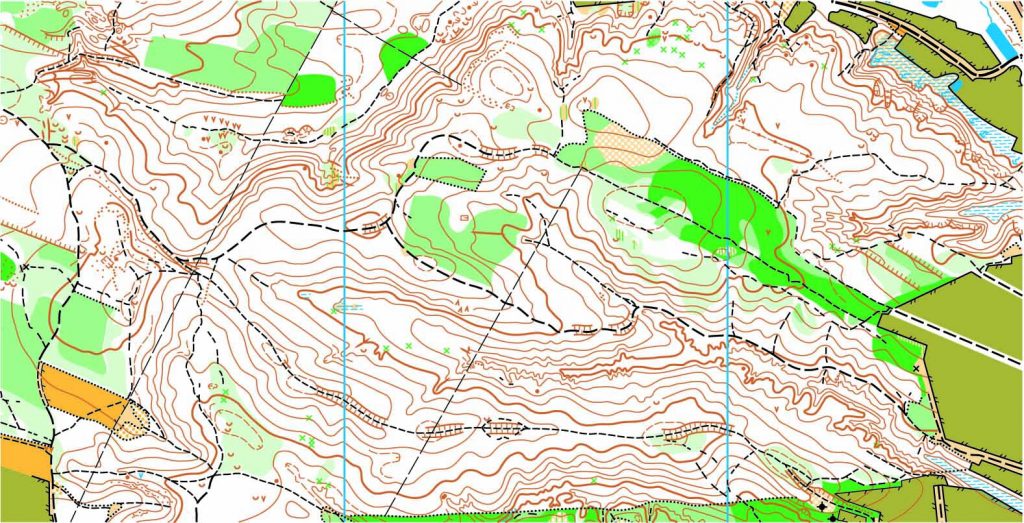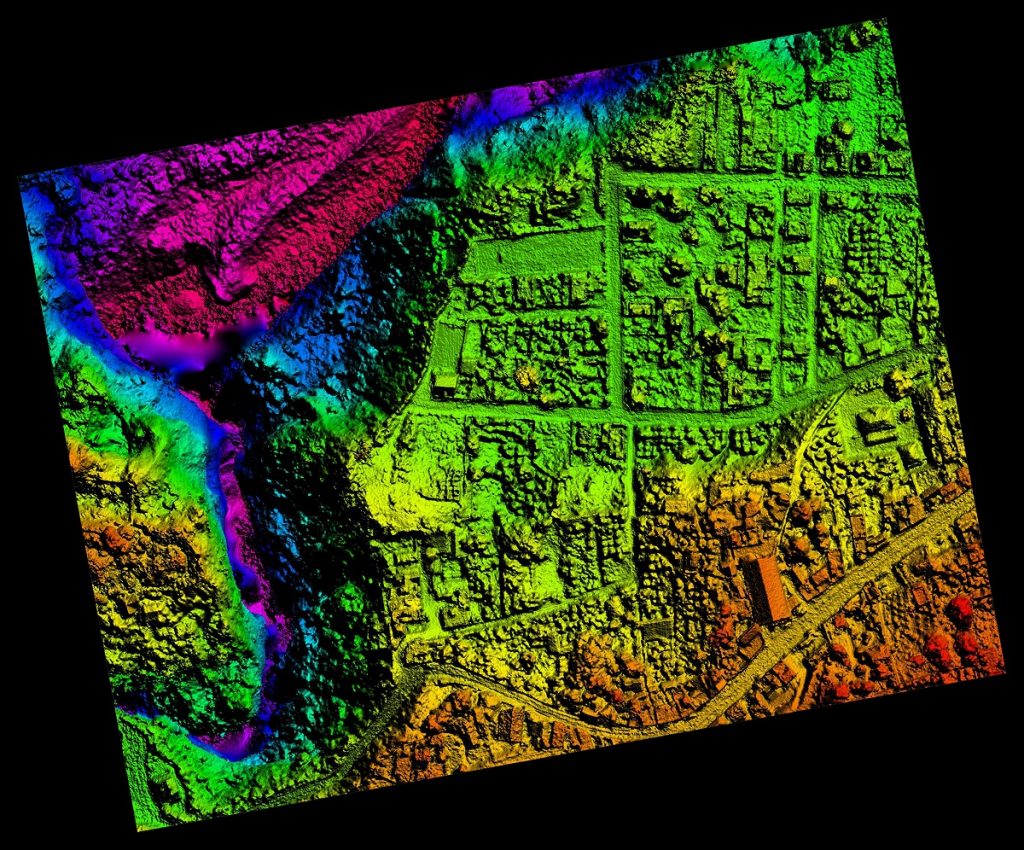
Any department or agency of the state or any city, county, or city and county that has an unregistered person in responsible charge of land surveying work on January 1, 1986, shall be exempt from the requirement that the person be licensed as a land surveyor until such time as the person currently in responsible charge is replaced.
The review, approval, or examination by a governmental entity of documents prepared or performed pursuant to this section shall be done by, or under the direct supervision of, a person authorized to practice land surveying.
An excerpt [2] from Section §8771 of the State of California Business & Professions Code (Land Surveyors Act): 8726. Land surveying defined
A person, including any person employed by the state or by a city, county, or city and county within the state, practices land surveying within the meaning of this chapter who, either in a public or private capacity, does or offers to do any one or more of the following:
(a) Locates, relocates, establishes, reestablishes, or retraces the alignment or elevation for any of the fixed works embraced within the practice of civil engineering, as described in Section 6731.
(b) Determines the configuration or contour of the earth’s surface, or the position of fixed objects above, on, or below the surface of the earth by applying the principles of mathematics or photogrammetry.
(c) Locates, relocates, establishes, reestablishes, or retraces any property line or boundary of any parcel of land, right-of-way, easement, or alignment of those lines or boundaries.
(d) Makes any survey for the subdivision or resubdivision of any tract of land. For the purposes of this subdivision, the term “subdivision” or “resubdivision” shall be defined to include, but not limited to, the definition in the Subdivision Map Act (Division 2 (commencing with Section 66410) of Title 7 of the Government Code) or the Subdivided Lands Law (Chapter 1 (commencing with Section 11000) of Part 2 of Division 4 of this Code).
(e) By the use of the principles of land surveying determines the position for any monument or reference point which marks a property line, boundary, or corner, or sets, resets, or replaces any such monument or reference point.
(f) Geodetic or cadastral surveying. As used in this chapter, geodetic surveying means performing surveys, in which account is taken of the figure and size of the earth to determine or predetermine the horizontal or vertical positions of fixed objects thereon or related thereto, geodetic control points, monuments, or stations for use in the practice of land surveying or for stating the position of fixed objects, geodetic control points, monuments, or stations by California Coordinate System coordinates.
(g) Determines the information shown or to be shown on any map or document prepared or furnished in connection with any one or more of the functions described in subdivisions (a), (b), (c), (d), (e), and (f).
(h) Indicates, in any capacity or in any manner, by the use of the title “land surveyor” or by any other title or by any other representation that he or she practices or offers to practice land surveying in any of its branches.
(i) Procures or offers to procure land surveying work for himself, herself, or others.
(j) Manages, or conducts as manager, proprietor, or agent, any place of business from which land surveying work is solicited, performed or practiced.
(k) Coordinates the work of professional, technical, or special consultants in connection with the activities authorized by this chapter.
(l) Determines the information shown or to be shown within the description of any deed, trust deed, or other title document prepared for the purpose of describing the limit of real property in connection with any one or more of the functions described in subdivisions (a) to (f), inclusive.
(m) Creates, prepares, or modifies electronic or computerized data in the performance of the activities described in subdivisions (a), (b), (c), (d), (e), (f), (k) and (l).
(n) Renders a statement regarding the accuracy of maps or measured survey data.
[2] This excerpt from California law may have been edited to provide relevant portions in a limited space. Refer to the complete text of the statutes and laws for full meaning and context.
To find out more about land surveying, please contact us at (800) CALVADA or visit www.calvada.com.
Calvada proudly serves Corona and all surrounding areas.




